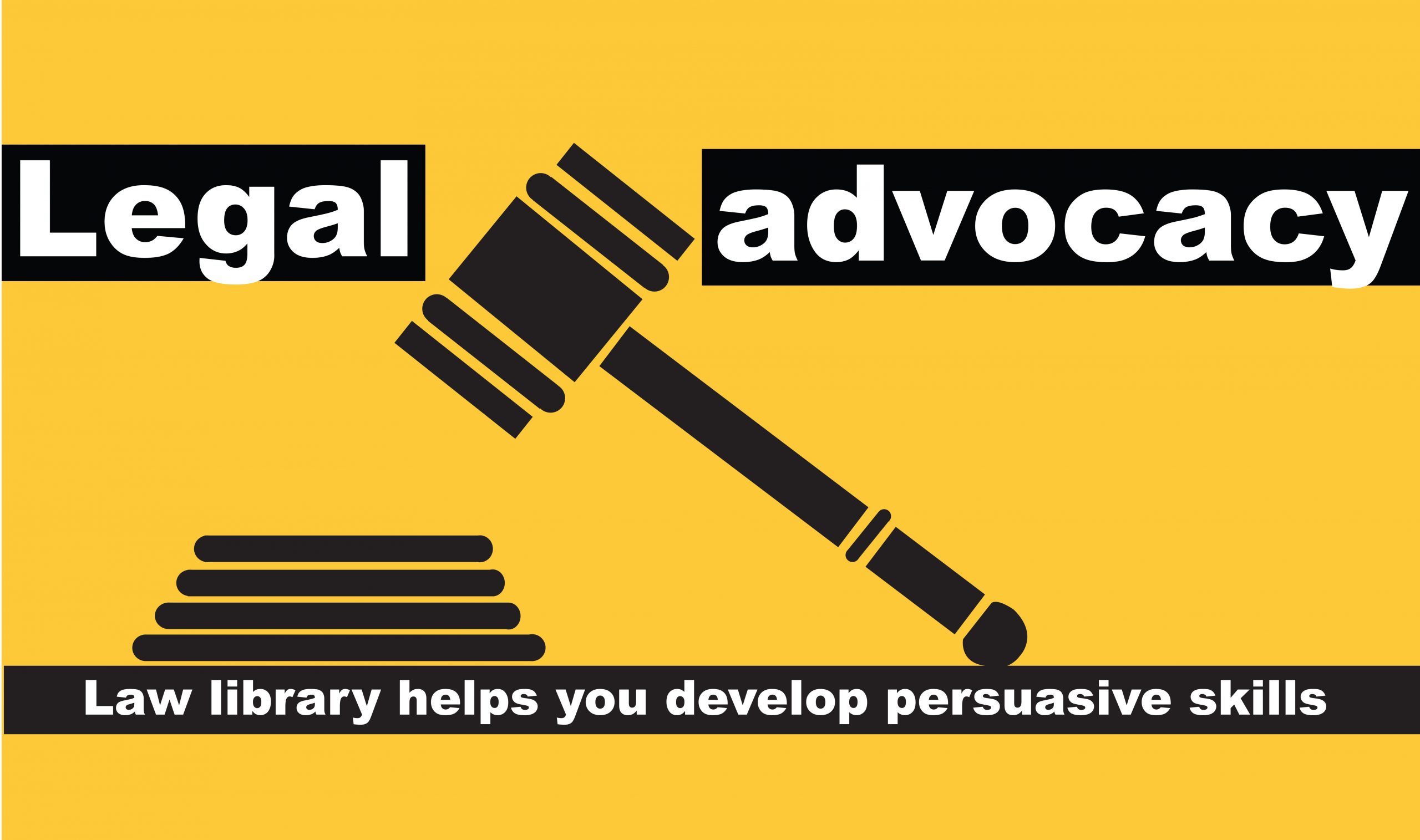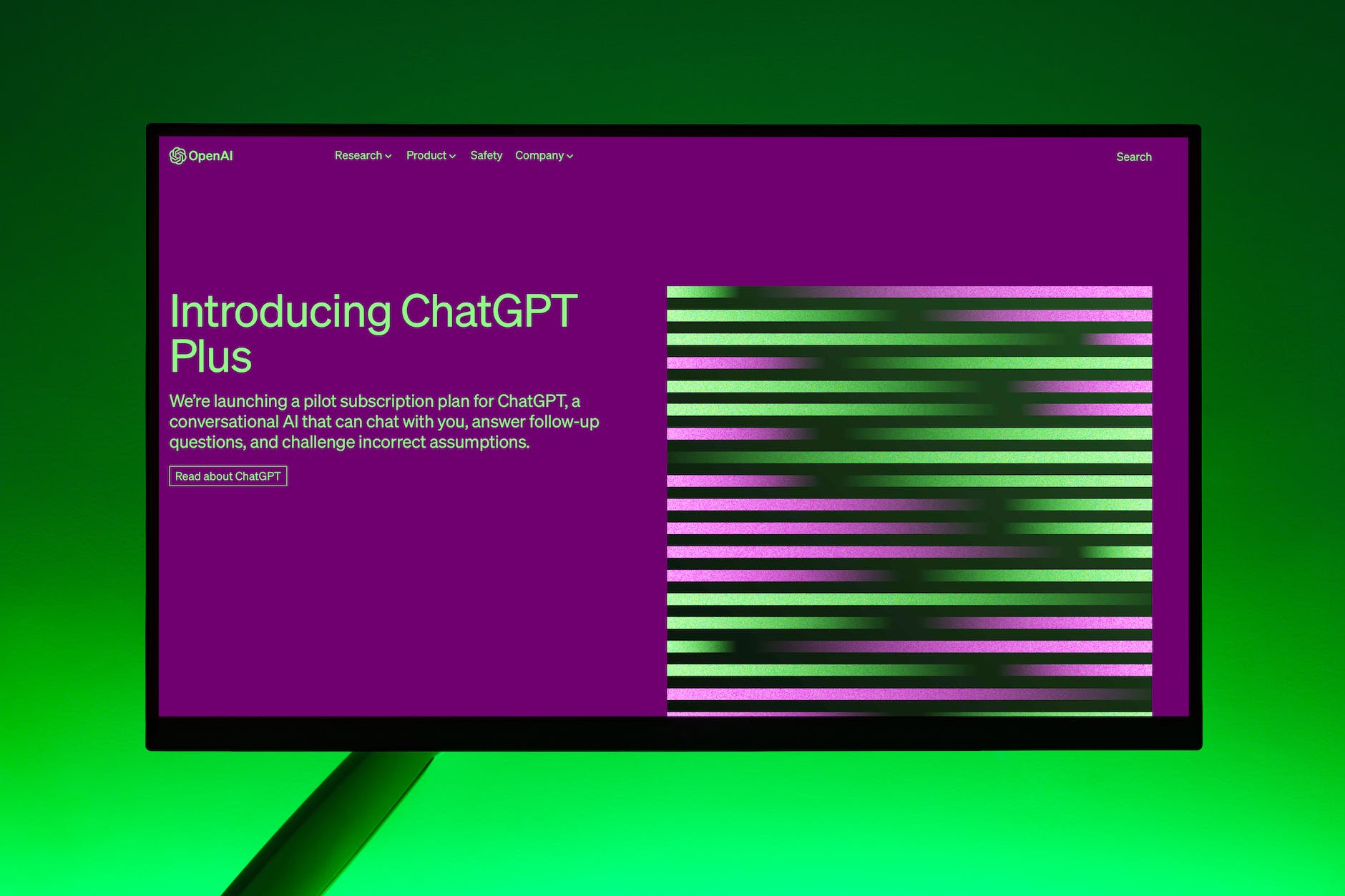Lawyers and librarians alike have a way with words, spending much of their time with books and internet databases, reading, researching, and writing. But we also must step up and let our voices be heard. Whether law students are undergoing the first-year rite of passage of delivering oral arguments in their finest legal attire or honing their presentations for a moot court championship, the librarians can help budding public speakers maximize their persuasiveness.
Students preparing for the Legal Advocacy argument should check out the Law Library’s First Year Legal Writing page. This research guide points to useful resources for modeling and enhancing oral arguments. Our print study skills collection includes the updated classic Little Book on Oral Argument, which can help students nervous about public speaking channel their energy into a powerful oratorical performance. Other resources include commentary from legal communication experts and a late U.S. Supreme Court justice.
We point you to resources such as an online treatise titled Art of Advocacy—Appeals, which provides tips on presenting an engaging and persuasive case, with full-length, annotated examples of effective oral arguments from which students can draw lessons about tone, style, and structure. It also helps prepare students preparing for a career in litigation for what to expect in navigating judicial procedures at courthouses.
The library also provides links to archives that enable students to observe real-world court proceedings across the country, including in the U.S. Supreme Court, the Arizona Court of Appeals, and the Ninth Circuit Court of Appeals, whose jurisdiction includes Arizona. Students may learn from the examples of the professionals, and get a sense of how quickly the judges will begin peppering them with questions.
The library’s Advanced Legal Writing: Persuasion guide includes further resources to help orators prepare persuasive presentations. Books include discussions of cognitive science as the basis for recommending certain persuasive techniques and provide concrete examples of effective rhetorical tools to employ in writing as well as oral arguments.
For critiques of your oral argument’s content and technique, contact your professor or teaching assistant. And for more guidance on library resources, feel free to Meet with a Librarian.
Originally authored by Andrea Gass




